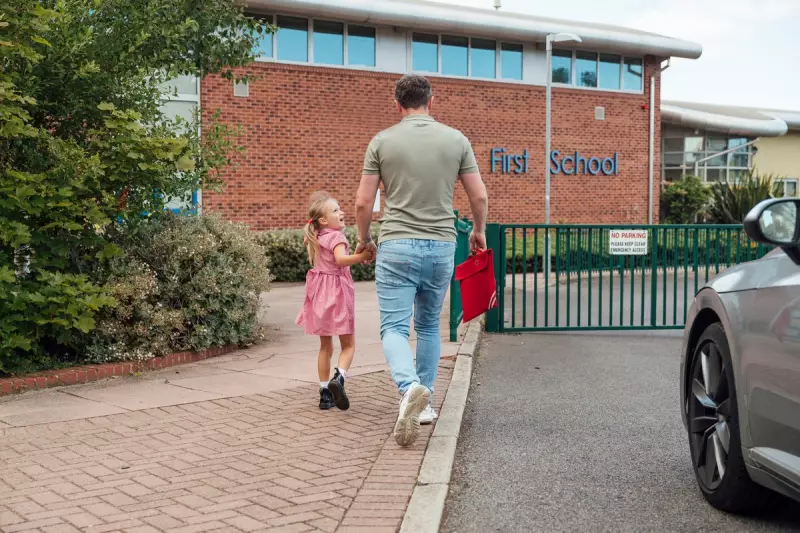
In a significant move to mend the fractured relationship between families and the education system, Shadow Education Secretary Bridget Phillipson has announced plans to legally compel schools to be fully transparent with parents about what their children are being taught.
The proposed 'parental guarantee' forms a central pillar of Labour's education white paper and comes as a direct response to growing concerns over a lack of communication, particularly regarding sensitive subjects within relationships, sex, and health education (RSHE).
Rebuilding Broken Trust
Phillipson argues that a damaging 'culture of secrecy' has taken root in some schools, leaving parents feeling sidelined and in the dark. This breakdown in trust, she contends, has been exacerbated by the pandemic and has made it difficult to foster the essential home-school partnership needed for a child's success.
'Parents are not the problem; they are fundamental to the solution,' Phillipson stated, emphasising that collaboration, not conflict, is the key to driving up educational standards across the board.
What The 'Parental Guarantee' Means
The new legal right would ensure that every parent has clear, accessible information on:
- The full curriculum content for all subjects, including RSHE.
- The right to see all teaching materials and resources used in classrooms.
- How to formally raise concerns about curriculum content with a guaranteed response from the school.
This initiative aims to move beyond the current postcode lottery of communication, ensuring a consistent and mandatory standard of transparency for every family, regardless of their school.
A Shift From Government Diktat
This policy marks a stark contrast to the current government's approach, which Phillipson criticises for its 'top-down diktats' and failure to engage parents as key stakeholders. The Labour plan is framed as a bottom-up solution, empowering families and giving them a definitive voice in their children's education.
The proposal has been broadly welcomed by parent groups and education unions, who see it as a vital step towards creating a more inclusive and cooperative educational environment for every child in Britain.





